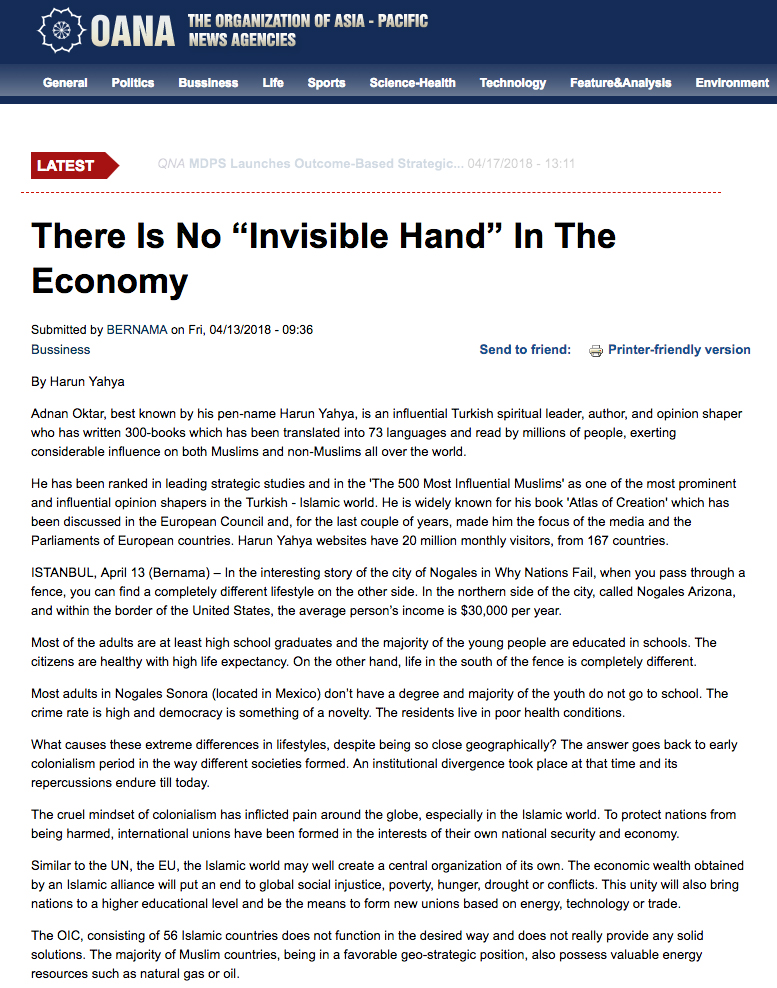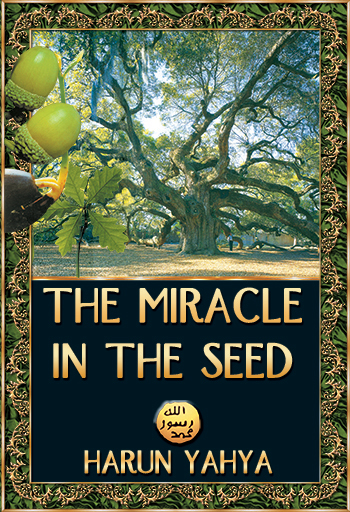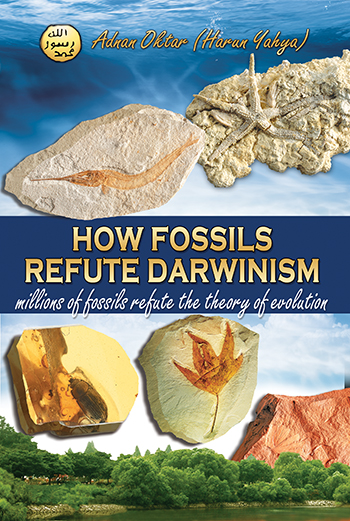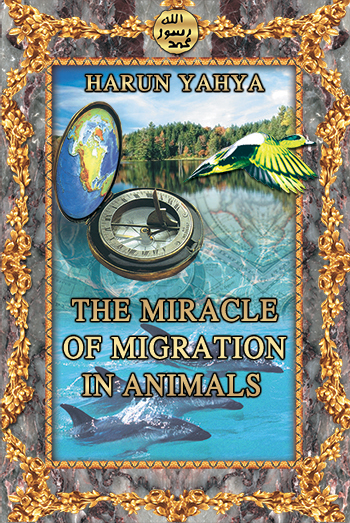Bigotry: The Dark Danger
There Is No 'invisible Hand' In The Economy
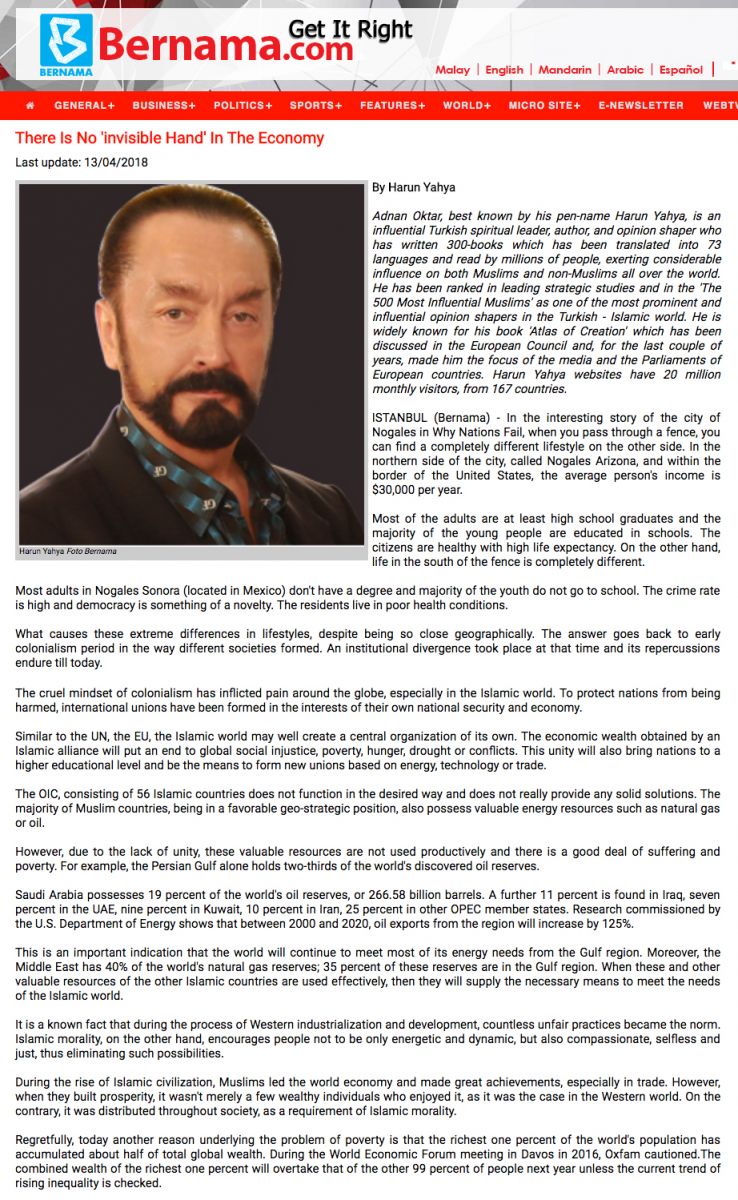
In the interesting story of the city of Nogales in Why Nations Fail, when you pass through a fence, you can find a completely different lifestyle on the other side. In the northern side of the city, called Nogales Arizona, and within the border of the United States, the average person's income is $30,000 per year.
Most of the adults are at least high school graduates and the majority of the young people are educated in schools. The citizens are healthy with high life expectancy. On the other hand, life in the south of the fence is completely different.
Most adults in Nogales Sonora (located in Mexico) don't have a degree and majority of the youth do not go to school. The crime rate is high and democracy is something of a novelty. The residents live in poor health conditions.
What causes these extreme differences in lifestyles, despite being so close geographically. The answer goes back to early colonialism period in the way different societies formed. An institutional divergence took place at that time and its repercussions endure till today.
The cruel mindset of colonialism has inflicted pain around the globe, especially in the Islamic world. To protect nations from being harmed, international unions have been formed in the interests of their own national security and economy.
Similar to the UN, the EU, the Islamic world may well create a central organization of its own. The economic wealth obtained by an Islamic alliance will put an end to global social injustice, poverty, hunger, drought or conflicts. This unity will also bring nations to a higher educational level and be the means to form new unions based on energy, technology or trade.
The OIC, consisting of 56 Islamic countries does not function in the desired way and does not really provide any solid solutions. The majority of Muslim countries, being in a favorable geo-strategic position, also possess valuable energy resources such as natural gas or oil.
However, due to the lack of unity, these valuable resources are not used productively and there is a good deal of suffering and poverty. For example, the Persian Gulf alone holds two-thirds of the world's discovered oil reserves.
Saudi Arabia possesses 19 percent of the world's oil reserves, or 266.58 billion barrels. A further 11 percent is found in Iraq, seven percent in the UAE, nine percent in Kuwait, 10 percent in Iran, 25 percent in other OPEC member states. Research commissioned by the U.S. Department of Energy shows that between 2000 and 2020, oil exports from the region will increase by 125%.
This is an important indication that the world will continue to meet most of its energy needs from the Gulf region. Moreover, the Middle East has 40% of the world's natural gas reserves; 35 percent of these reserves are in the Gulf region. When these and other valuable resources of the other Islamic countries are used effectively, then they will supply the necessary means to meet the needs of the Islamic world.
It is a known fact that during the process of Western industrialization and development, countless unfair practices became the norm. Islamic morality, on the other hand, encourages people not to be only energetic and dynamic, but also compassionate, selfless and just, thus eliminating such possibilities.
During the rise of Islamic civilization, Muslims led the world economy and made great achievements, especially in trade. However, when they built prosperity, it wasn't merely a few wealthy individuals who enjoyed it, as it was the case in the Western world. On the contrary, it was distributed throughout society, as a requirement of Islamic morality.
Regretfully, today another reason underlying the problem of poverty is that the richest one percent of the world's population has accumulated about half of total global wealth. During the World Economic Forum meeting in Davos in 2016, Oxfam cautioned.The combined wealth of the richest one percent will overtake that of the other 99 percent of people next year unless the current trend of rising inequality is checked.
Moreover, the gap between the rich and the poor is getting wider every day. In the popular book Capital, Thomas Piketty gives statistical data regarding how the increase of the global wealth surpassed the income: "If we now consider the one-hundredth-millionth wealthiest part of the world's population, or about 30 people out of three billion in the late 1980's and 45 out of 4.5 billion in the early 2010's, we find that their average wealth increased from just over three billion dollars to almost 35 billion dollars, for an even higher growth rate of 6.8 percent above inflation."
To find a solution to this ever-increasing income inequality, a few countries can form an organization to iron out the details of their cooperation and set up standards whereby others can join the union. As an emerging market with good economic growth, Turkey could initiate and start the process.
Islamic states - including Turkey - should increase their production levels so that the economy will be ample for their people and even be able to export. The Islamic world must work hard to change the system so that money is not simply being hoarded in the hands of only few people. There is no 'invisible hand', as the British economist Adam Smith claims.
Islamic states should present an alternative to this system that tries to exploit others, thus what needs to be done is to form a union that is based on self-sacrifice, generosity and commitment.
[1] Daron Acemoglu and James A. Robinson, Why Nations Fail: The Origins of Power, Prosperity and Poverty, Crown Publishers, New York, pp. 7-9
[2] OPEC Annual Statistical Bulletin 2015
[3] Anthony H. Cordesman and Arleigh A. Burke, ?The US Military and the Evolving Challenges in the Middle East (March 9, 2002), pp. 3-4
[4] "https://www.oxfam.org/en/pressroom/pressreleases/2015-01-19/richest-1-will-own-more-all-rest-2016
[5] Thomas Piketty, Capital in the Twenty-First Century, p. 549
Adnan Oktar's piece in the BERNAMA (Malaysia) & OANA (Azerbaijan):
http://www.bernama.com/en/news.php?id=1454014
http://www.oananews.org/content/news/bussiness/there-no-%E2%80%9Cinvisible-hand%E2%80%9D-economy
